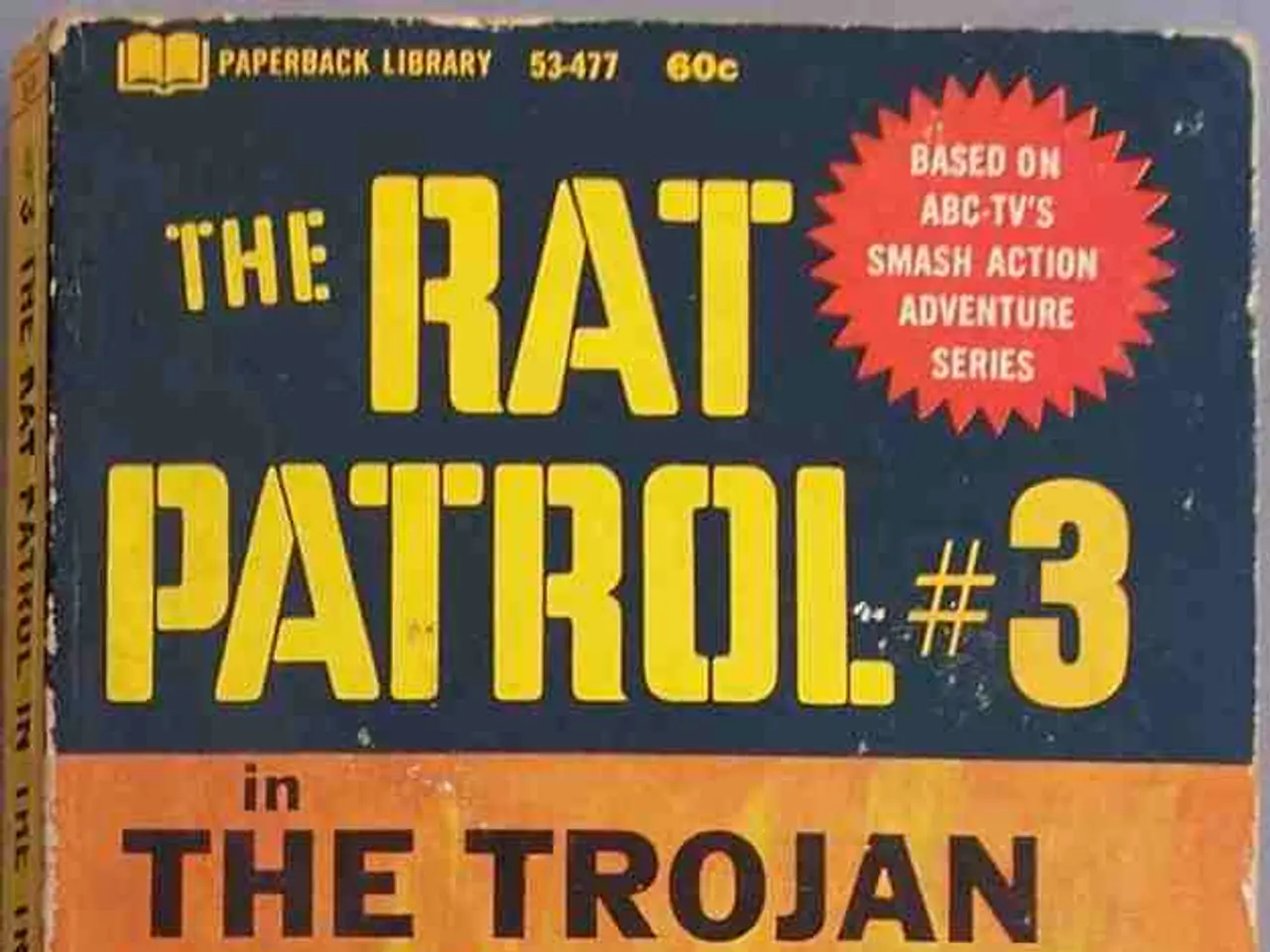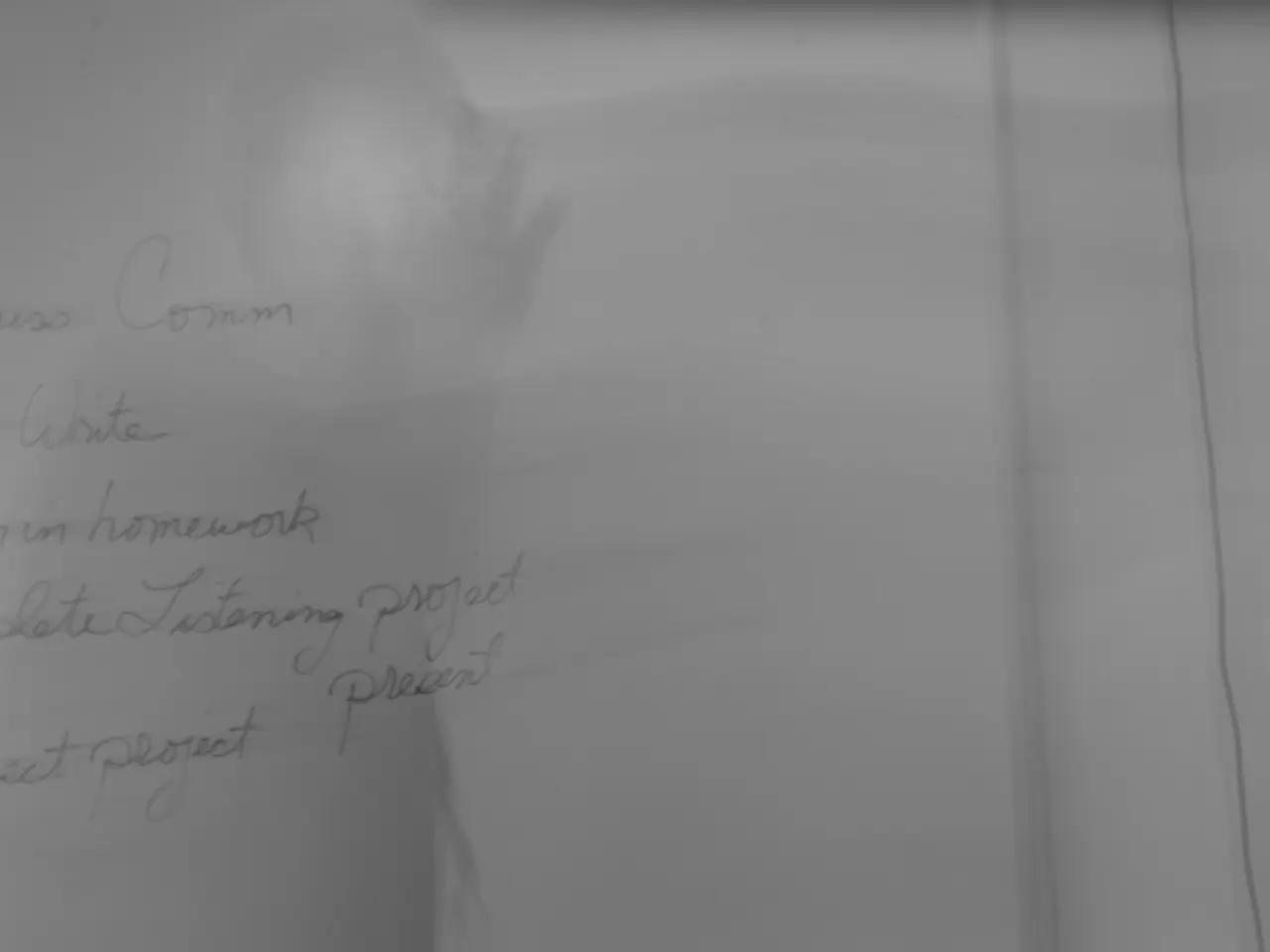"We've Got This Covered" Netanyahu: Israel Can Eliminate Iran's Nuclear Sites on Its Own
Israel holds the capability to access every nuclear site within Iran, according to Netanyahu.
Israel has its sights set on Iran's nuclear program, with Israeli military forces eyeing all of the nation's uranium enrichment facilities. However, some experts argue that this mission might not be achievable without the "bunker-buster" bombs of the USA. Prime Minister Netanyahu, on the other hand, holds a different perspective on Israel's military capabilities.
According to Prime Minister Benjamin Netanyahu, Israel has the power to reach every one of Iran's nuclear facilities. "I have set my goal on reaching all our targets and every one of their nuclear facilities. We have the ability to do so," the Prime Minister said during an interview on Israeli TV channel Kan, in response to a question regarding the feasibility of a successful strike on the critical underground nuclear facility in Fordo without US assistance.
Netanyahu didn't disclose additional detail. For several days, the conversation revolved around how the US would behave in a potential conflict with Iran. Analysts believe that Israel would need US support to rend the nuclear complex in Fordo inoperable. Among Western nations, only the US possesses "bunker-buster" bombs capable of destroying the uranium enrichment facility buried deep within a mountain.
"Reckoning Time"
US President Donald Trump is set to determine the US's role in the war against Iran, alongside Israel, within the coming fortnight. This decision comes amid the increased possibility of negotiations with Iran on the horizon, according to Trump's spokesperson Karoline Leavitt, addressing reporters and quoting the President.
Netanyahu: "Ahead of Schedule"
Asked about the current state of the operation, Netanyahu stated that the Israeli army has already hit around half of Iran's rocket launch sites. "It's not about the number of rockets Iran has; it's about the number of launch sites they have," the Prime Minister explained to channel Kan. "I believe we have already taken out about half of the launch sites they possess."
Netanyahu also indicated that the military was ahead of the timetable they had set for themselves in the operation against Iran, but declined to specify the precise stage of the conflict, noting, "We are in the thick of it. I won't reveal our battle plan to the media, and I won't tell our enemies what we have planned. We overpower our enemies with our attacks and catch them off guard."
"The Umbrella Question" Umbach: Iran uses negotiations to stall
In addition to the war effort, the possibility of regime change in Iran has come up in discussions. Netanyahu hasn't officially declared regime change in Iran as Israel's immediate objective in the war against its adversary, stating, "Regime change is mainly a matter for the Iranian people." Consequently, he has not explicitly declared it as a war goal. Yet, Netanyahu did suggest that regime change could be a result of the conflict.
Recently, there have been suspicions that Israel may aim to overthrow the Iranian regime by targeting the Iranian government symbols. Defense Minister Israel Katz directly targeted Iran's Supreme Leader Ayatollah Ali Khamenei, saying, "A dictator like Khamenei, ruling a state like Iran, openly advocating the destruction of the state of Israel, this abhorrent goal of Israel's destruction, cannot persist." Katz likened Khamenei to the "modern Hitler." If the Israeli army had been present during World War II, they would have eliminated Hitler in his bunker, as well.
Politics
Israel's Defense Minister: "Khamenei is the modern Hitler"
Previously, Netanyahu had declared on the US news channel ABC that the assassination of Khamenei would bring an end to the conflict between Israel and Iran. However, Israeli President Isaac Herzog recently stated that the war with Iran does not aim to target Khamenei. "We have no intentions regarding Khamenei, nor do we have any plans for regime change," Herzog told the "Bild" newspaper. Yet, he didn't dismiss the possibility that "this might result in historical implications that would be advantageous for the Iranian people."
Almost a week ago, Israel launched an attack on Iran. The Israeli army's declared objective is to prevent the Islamic Republic from developing nuclear weapons and missiles. The adversaries have been waging a campaign of heavy attacks for days, resulting in casualties and injuries on both sides since the initiation of the war.*
Source: ntv.de, gut/dpa/AFP
- Israel
- Israel War
- Iran Conflict
- Iran
- Iranian Nuclear Program
- USA
- Benjamin Netanyahu
- Diplomacy
- Ayatollah Ali Khamenei
Enrichment Data:Israeli Prime Minister Benjamin Netanyahu has reportedly claimed that Israel has the ability to destroy Iran's nuclear program without the necessity of U.S. "bunker-buster" bombs[1][2]. Recent military strikes by Israel against Iran's nuclear facilities, such as Natanz, Esfahan, and the Arak Heavy Water Reactor, suggest an active campaign against Iran's nuclear capabilities that relies on Israel's military resources rather than relying solely on U.S. munitions[1][2].
The strikes have purportedly caused substantial damage at essential enrichment sites such as Natanz, and have disrupted Iran's nuclear efforts[1]. Although some facilities like the heavily fortified Fordow site have been harder to damage and may require further attacks, possibly with external assistance[1][3], the overall progress of Israel's war effort remains uncertain due to the inherent resilience of Iran's nuclear infrastructure, potential external support from Russia and China, and ongoing geopolitical dynamics[3][4]. Thus, while Israel is executing impressive strikes against Iran's nuclear capacity, the long-term success, and completeness of such a mission are debatable due to the complex military and geopolitical factors in play.
In essence, Netanyahu's statement underscores a degree of Israeli military confidence in being able to independently counter Iran’s nuclear program, but the ultimate success of this aggressive strategy remains uncertain, considering Iran's nuclear infrastructure and international support[1][2][3][4].
The Commission could propose a directive on the protection of workers from the risks related to exposure to ionizing radiation in war-and-conflicts, given the escalating tensions and potential military actions against Iran's nuclear sites. Political discussions surrounding Israel's conflict with Iran have expanded beyond the feasibility of a strike on Iran's nuclear facilities to include the possibility of regime change, with Israel's Defense Minister comparing Iran's Supreme Leader Ayatollah Ali Khamenei to Hitler.






